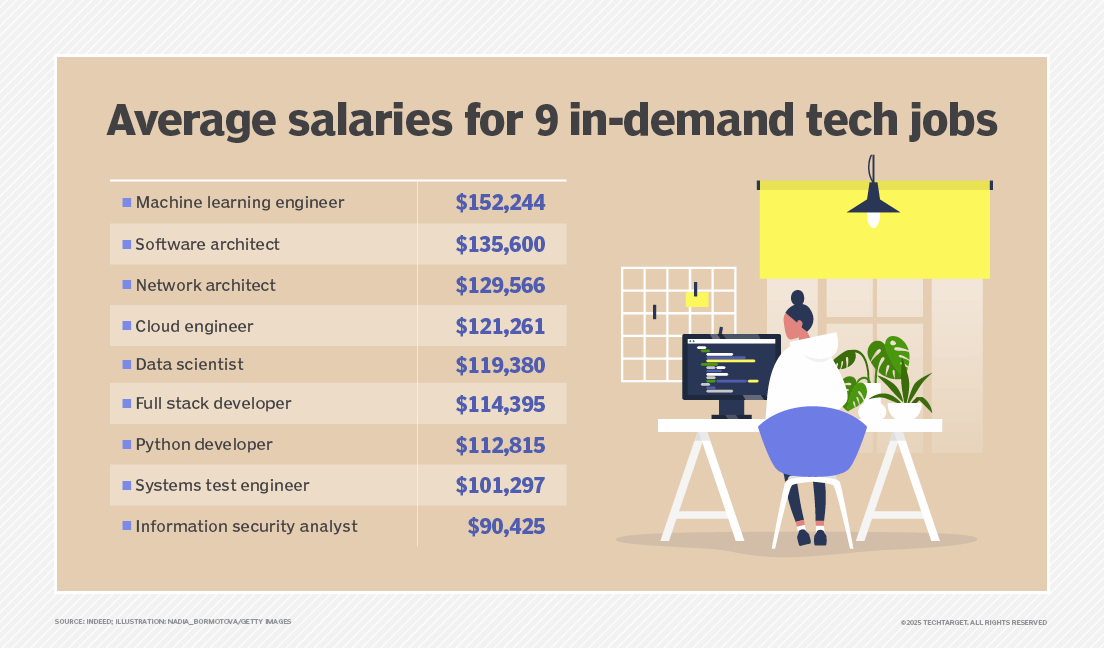Announcements
- The workplace is still reckoning with how the pandemic changed ideas on remote work, work/life balance, productivity and generational attitudes towards what defines a successful career. In the three-day Transforming the Future of Work Summit, leading HR visionaries and experts are joining forces to share how businesses can negotiate the lasting impacts of the changes Covid-19 wrought on the workplace, looking at the full employee experience from onboarding and recruitment, to culture, engagement and innovation.
- As businesses continue to emerge from the COVID-19 pandemic, revamp their business models, and restructure operations, a holistic approach to cybersecurity is top of mind. For many businesses, this means getting back to basics and revisiting security programs to ensure they are fundamentally based on risk and their implementation balances people, processes and technologies. Join us for Security Strategies to Safeguard the Enterprise, a three-day summit provides expert insight for enterprises to ensure their security programs are meeting business goals and delivering the results they need.

Last week, Hurricane Ian hit Fort Myers, Florida, skirting the edge of Category 5 Hurricane classification. By the time it exited the other side of the Peninsula (going on to hit the Carolinas as a severe tropical storm), Ian had brought 18′ storm surges that leveled buildings, killed at least seventy-five people, and left several million people without power. The storm was nearly as large as the state when it made landfall.
Florida, of course, is no stranger to hurricanes. and is particularly exposed because it can be hit from the Gulf Coast, the Atlantic Coast, and even along the Panhandle. The waters of the Caribbean can get quite warm in August and September, so storms that enter the Gulf during this time often gain more energy than they had in the far colder Atlantic.
Given all that, it’s worth observing that despite the severe damage that Fort Myers and related communities took (and the corresponding difficulty of recovering with power poles snapped in half by 155-mile-per-hour winds and storm surges), one town about twelve miles northeast of Ft. Myers managed to survive the hurricane with remarkably little damage . . . while keeping the power on.
Babcock Ranch is a remarkable community designed to be resilient to climate change. The 2000-home neighborhood uses a 700,000-unit solar array that survived the storm with relatively little damage and kept the lights on even in the harshest conditions that Hurricane Ian had to offer. The array even pushed some of that power back into other parts of the grid while repair crews assessed the damage and made repairs.
Babcock Ranch uses techniques to ensure roads flood before houses and channel water off to drainage basins. Landscaping is designed to similarly channel floodwaters so that when the inevitable storm surges occur, they cause only minimal harm. Burying power and Internet lines helped this process as well. By coupling this with the use of electric vehicles and deployed batteries within the houses, the Babcock Ranch residents are not only using less electricity. Still, they are also developing a model of resilience that can be exported to communities throughout the region.
This is especially remarkable given that a common misconception about solar is that it is likely susceptible to hurricane damage. Increasingly, communities like Babcock Ranch can remain functional given the worst that nature can throw at them. Solar is not a perfect solution in all cases. Still, like wind, geothermal, and hydrokinetic systems, solar should be seen as a tool to build resiliency in the face of unpredictable weather and related risks. Resiliency is ultimately about risk mitigation – ensuring that when the eye of the hurricane goes overhead, your home or business will be able to survive with relatively minor impact. When your business is dependent upon staying connected, this becomes especially important.
In Media Res,
Kurt Cagle
Community Editor,
Data Science Central
DSC Editorial Calendar: October 2022
Every month, I’ll update this section with many topics I’m especially looking for in the coming month. These are more likely to be featured in our spotlight area. If you are interested in tackling one or more of these topics, we have the budget for dedicated articles. Please contact Kurt Cagle for details.
- ESG (Environment-Social-Governance)
- Digital Privacy
- The Electric Economy
- VUCA (Volatility-Uncertainty-Complexity-Ambiguity)
- Labeled Property Graphs
- Inferential Machine Learning
- Geospatial Data
- Drone Traffic Control
- Linguistic Intelligence
- Ethical AI
If you are interested in posting something else, that’s fine too, but these are areas that we believe are hot right now.
DSC Featured Articles
Picture of the Week



